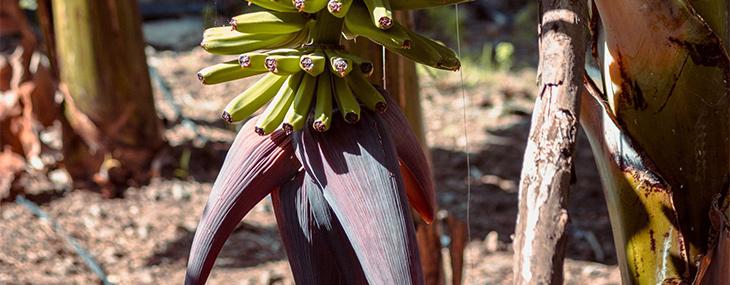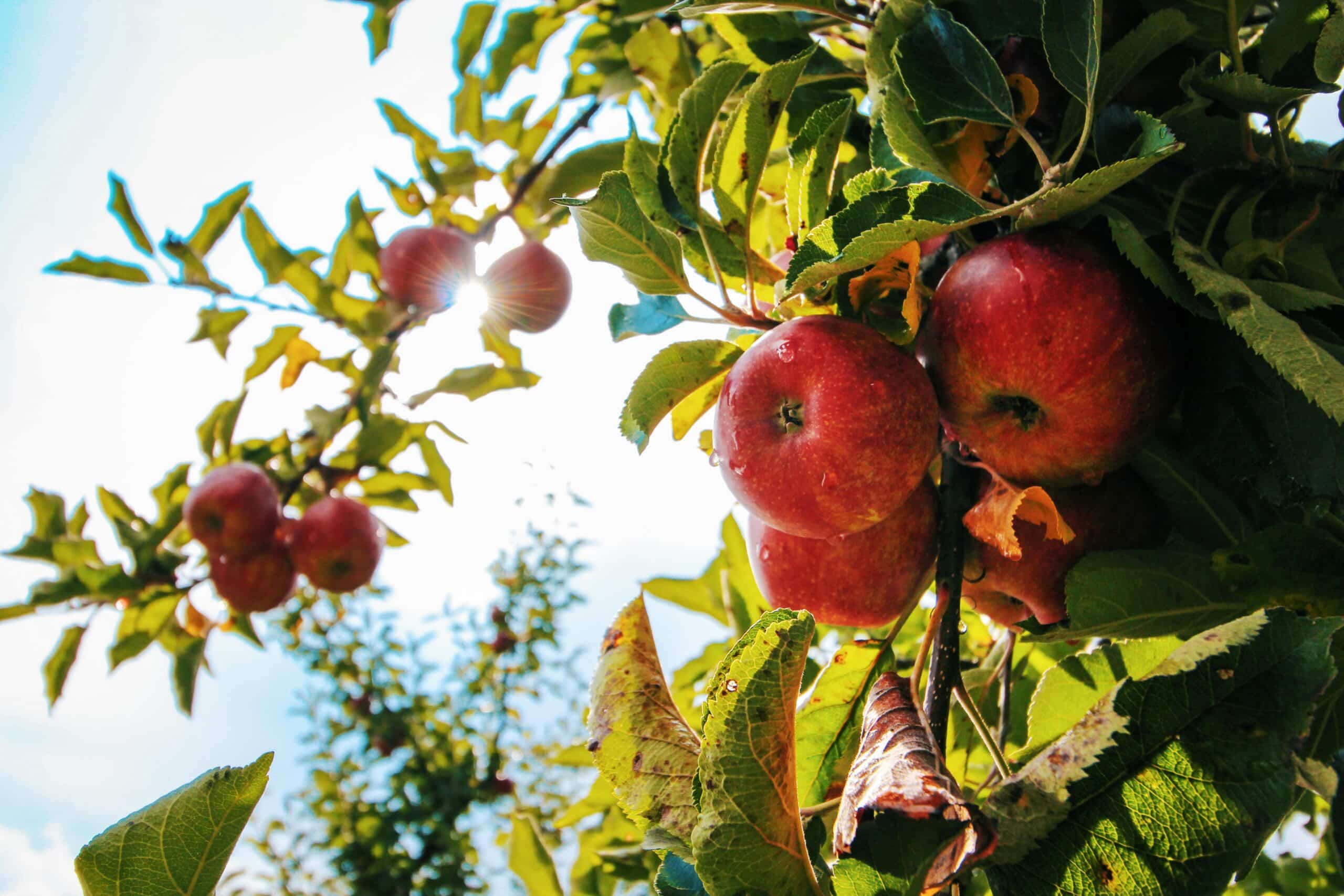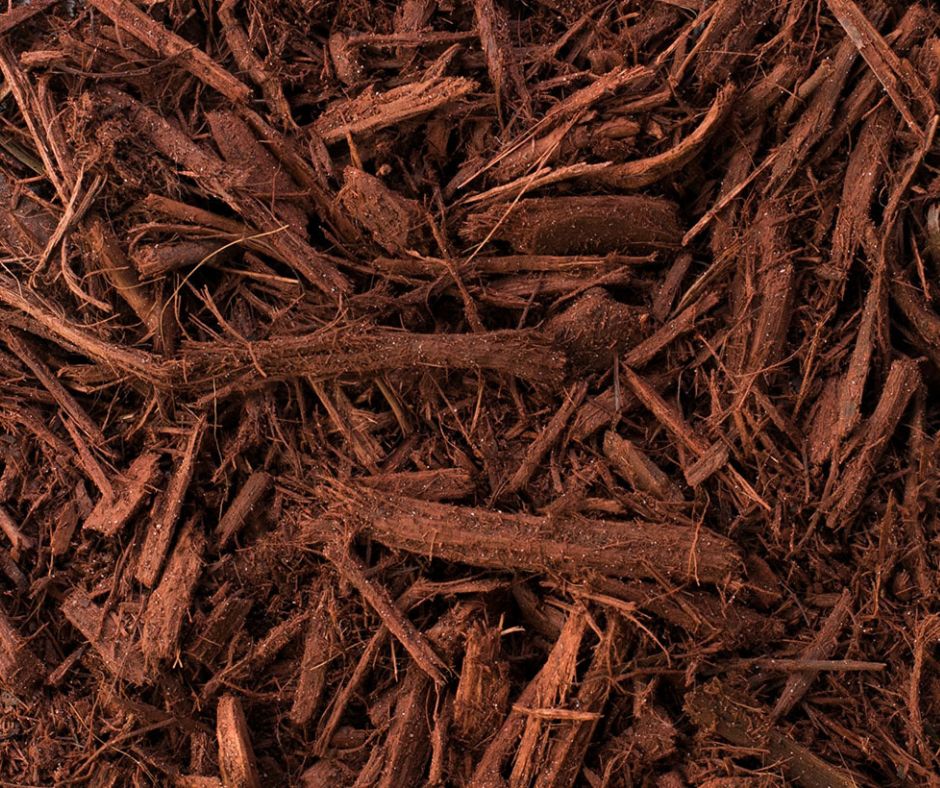
What Kind of Mulch Is Best for Fruit Trees?
Perhaps the best way to ensure the success of a fruit tree is to mimic its natural environment. In nature, leaves and branches fall to the forest floor, creating an organic mulch that provides numerous benefits to the growing tree.
This mulch will protect the soil beneath the tree from drying out in the hot sun or washing away with heavy rain. It retains water, providing consistent moisture to the roots of the tree. It will prevent weeds, provide a habitat for beneficial insects and microorganisms, and even feed the soil as it breaks down.
Needless to say, if you care for fruit trees, mulching is more than a great idea—it’s a necessity. But there are so many options. How do you know what kind of mulch is best for fruit trees? This is exactly the question we seek to answer today!
What Are Fruit Tree Planting Best Practices?
It’s important to note that while there are many mulch options, not all mulch is created equal. The best mulch for one fruit tree may not be the best for another.
We’ll discuss some of the best options for trees in this area, but as a general rule, the best mulch for your fruit tree should be:
- Organic
- From a reputable source
Organic mulch will best simulate the natural environment your tree desires. Inorganic mulch provides many of the benefits of natural mulch; however, it doesn’t break down over time, thus robbing the soil of one of the most important mulch benefits—nutrients.
Should I Buy Mulch from My Local Hardware Store?
Some mulches may seem like a great deal or offer added convenience, but be careful—the internet is littered with stories of people using free hay or bagged mulch from a big box store only to find out that it was treated with harsh chemicals or herbicides that end up harming the fruit trees they were trying to nurture.
Utilizing organic mulch from a source you can trust can go a long way in reducing your frustration down the line.
When Are the Best Times to Plant Fruit Trees?
While mulch does make a difference for your fruit trees, you must also consider when you plant the tree. Mulch helps retain moisture and protects the tree’s roots from the elements—however, a newly planted tree may still struggle against harsh temperatures, even with mulch. A good rule of thumb is to find your tree’s ideal hardiness zone and plant the tree in a season when young trees thrive according to your region.
Best Mulch for Fruit Trees
The best mulch for a particular fruit tree is the mulch that is most like the tree canopy in the area where it naturally grows.
For instance, you will often see wild blueberries (or their wild relatives, sparkleberries) growing among pine forests. These two species exist together for many reasons, but one of the more prominent reasons is that they both love acidic soil. The pine trees drop leaves and branches that decompose over time and actually make the soil more acidic!
So, if you want healthy blueberry plants, a mulch derived from pine trees like pine bark nugget fines or pine mulch will likely be your best option.
In addition to blueberries, fruits that may do well by adding the more acidic pine mulch are chestnuts, figs, citrus, strawberries, blackberries, olives, loquats, and pawpaws.
Is It Okay to Put Mulch around Citrus Trees?
Citrus is undeniably one of the most popular fruit trees in Florida. You may want a citrus tree yourself, but you should be aware of some mulching practices for them. Many sources will say not to mulch citrus trees. Citrus trees are particularly susceptible to rot and enjoy a more open environment for their roots. However, mulch does reduce weeds for citrus trees. If you do choose to mulch your citrus trees, make sure that the mulch stays several inches away from the base of the tree to avoid root and trunk damage.

Understand Your Soil’s pH
It’s important to note that most of the south’s soil is actually on the acidic side (though it would still be prudent to go to your county extension office and get a soil test to confirm your soil’s pH). This means the acidity may need to be reduced for trees that prefer more alkaline soils. To assist with this process, it is best to introduce a mulch with alkaline properties.
Hardwood mulch, such as mulch from oak trees, is great to use around fruit trees that prefer neutral or alkaline soils as it helps to naturally increase pH over time and gives alkaline-loving plants their best chance at thriving. Trees that may prefer hardwood mulch would be mulberries, apples, peaches, pears, persimmons, plums, nectarines, and pomegranates.

Some types of trees want to be fed and aren’t very picky about their soil pH, but pH will be essential in determining the long-term health of your plants—assuming, of course, that they are properly mulched and planted, receive the right amount of light, and get enough water and nutrients. For more information about how to properly care for trees in your landscape and which types of Florida plants prefer acidic or alkaline soils, check out this great resource from UF IFAS!
Find the Best Mulch for Your Fruit Tree at Gaston Mulch & Soil
Gaston Mulch and Soil offers a wide variety of pine and hardwood mulches, as well as compost and topsoil for your garden. All our mulch is natural, locally sourced, and made from recycled tree debris. If you have fruit trees or are thinking about adding them to your landscape, contact us today!
